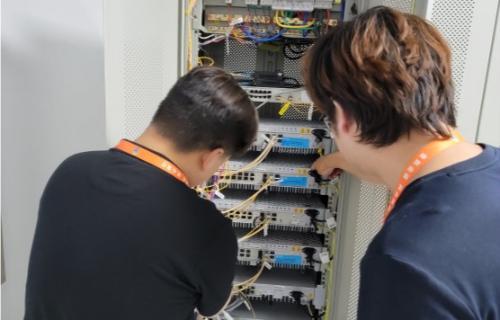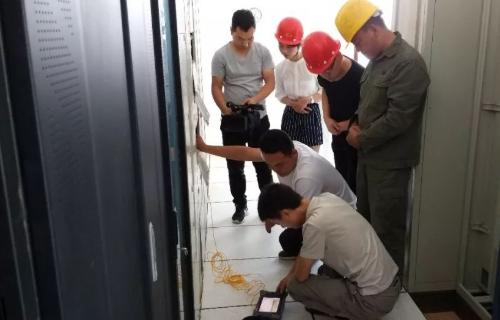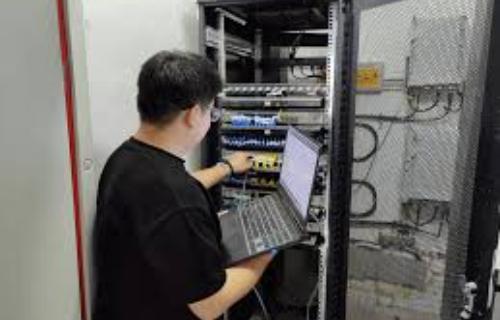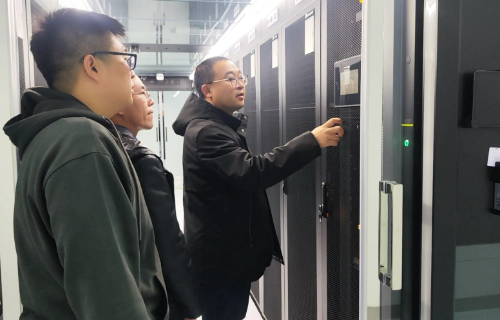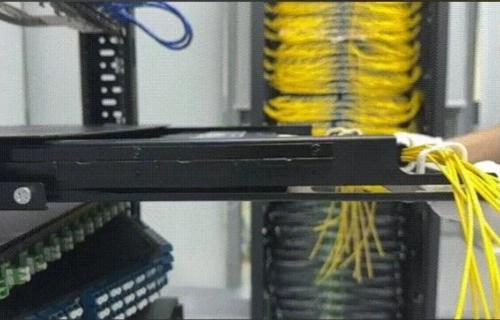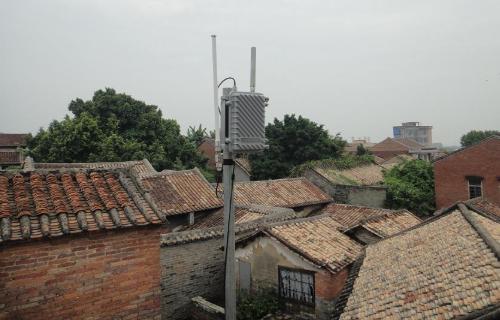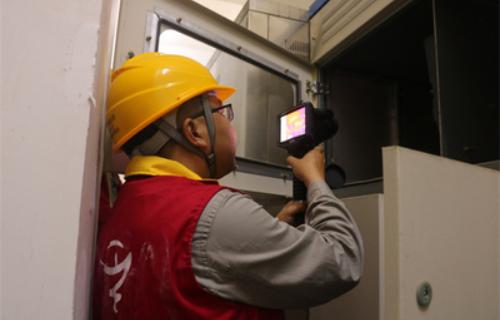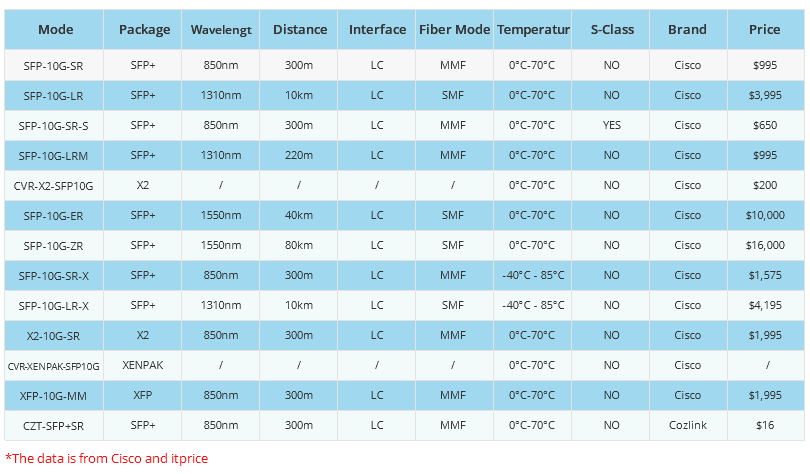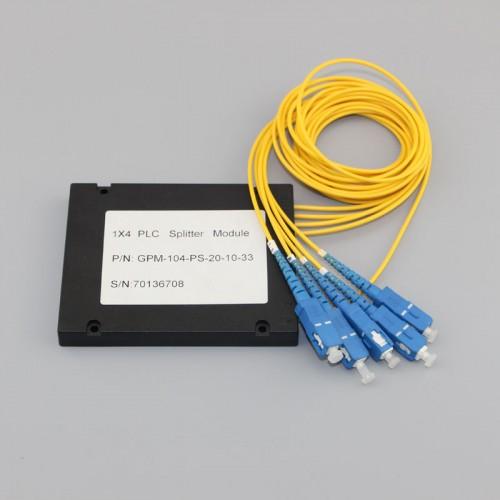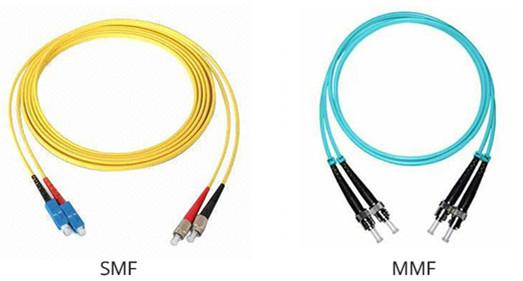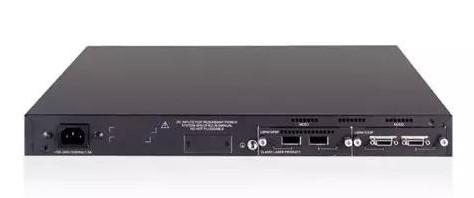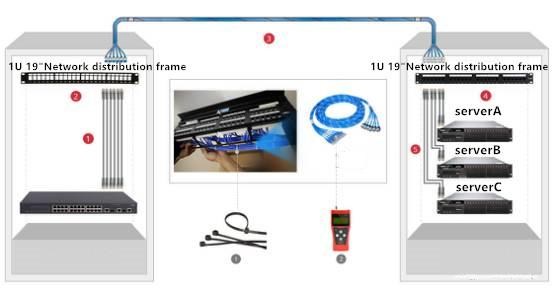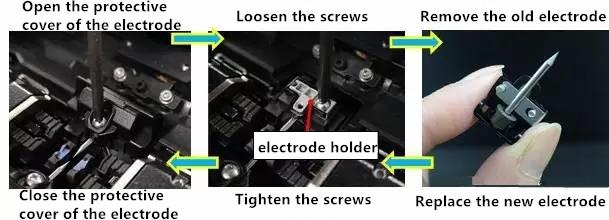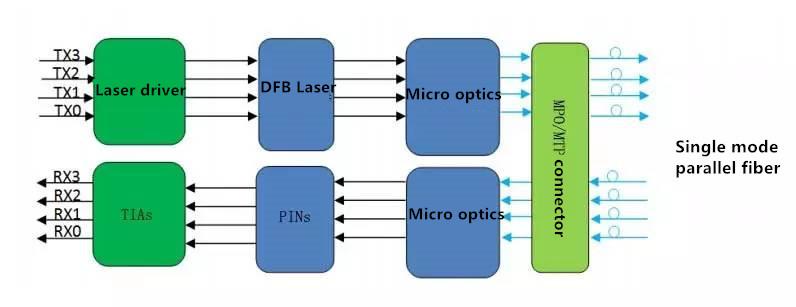- Related articles
- Optical Transceivers for Cisco SG250-26HP-K9-UK Switch
- Optical Transceivers for Cisco SRW224G4-K9-UK Switch
- What is a transceiver used for?
- What media type is 1000BASE-T?
- Optical Transceivers for Cisco WS-C3750G-48PS-S Switch
- Optical Transceivers for Cisco WS-C3560E-48PD-S Switch
- All Cisco DWDM-XENPAK-31.90's information (List price, Specs, Datasheet PDF, Compatibility
- What is fiber optic technology used for?
- Cisco XFP vs. SFP vs. SFP+
- What is X2 transceiver?

Network interface card referred to as network card (NIC). It is an indispensable basic device in a computer network that provides physical connectivity for data communication between computers. Each computer must be installed once the network access network card. After many years of development, NIC has become mature. In view of so many types of NIC on the current market, and there are large differences in performance, so it is necessary to classify them in order to better understand the NIC.
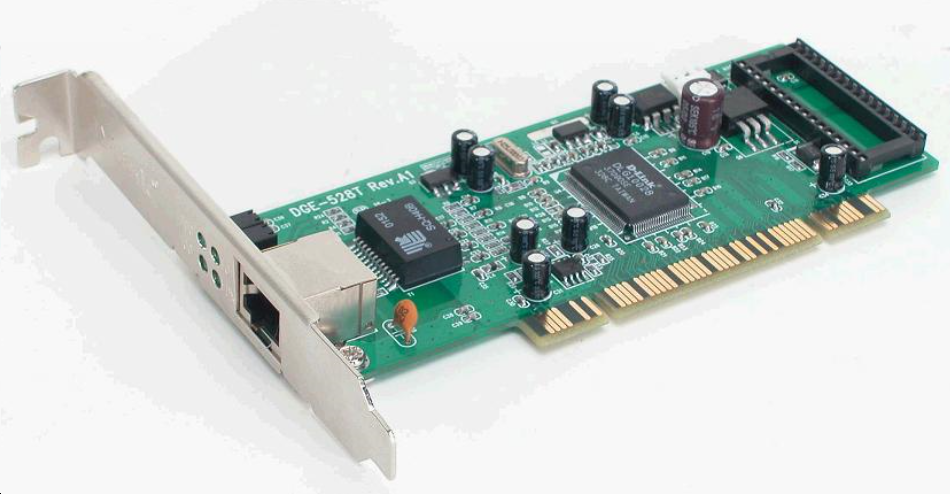
Importance of Network Interface Card
Network interface cards come equipped to handle different, or multiple, types of networks. Serial cables, Token Ring, Ethernet and Wi-Fi are all forms of networks that interface cards are designed to communicate on. Most modern networks are composed heavily of Ethernet and Wi-Fi connections. The network interface card provides the hardware for multiple network layers to exist on, meaning it is able to handle having multiple addresses depending on the network it communicates across. This allows a computer to sync or transfer data along a local office server using one, while still being able to communicate across the Internet with another. Network interface cards also provide a buffer for incoming and outgoing data, so that the computer can compensate for latency issues. Many modern devices have network interface cards built into them, as standards have made Ethernet and IEEE 802.11 (used for wireless local access network connections) widespread and compact.
Wireless Network Interface Card
A wireless network interface controller (WNIC) is a network interface controller which connects to a wireless radio-based computer network, rather than a wired network, such as Token Ring or Ethernet. A WNIC, just like other NICs, works on the Layer 1 and Layer 2 of the OSI Model. This card uses an antenna to communicate via microwave radiation. A WNIC in a desktop computer is traditionally connected using the PCI bus. Other connectivity options are USB and PC card. Integrated WNICs are also available, (typically in Mini PCI/PCI Express Mini Card form).
Early wireless network interface controllers were commonly implemented on expansion cards that plugged into a computer bus. The low cost and ubiquity of the Wi-Fi standard means that many newer mobile computers have a wireless network interface built into the motherboard.
The term is usually applied to IEEE 802.11 adapters; it may also apply to a NIC using protocols other than 802.11, such as one implementing Bluetooth connections.
Summary
NIC can handle a number of Ethernet connections by attaching a switch or router to it. While most people are used to standalone routers, many enterprise and server-grade routers are full servers attached to switches. it is very important to know that how to identify and purchase network interface card, and we hope that this article will be helpful for you.








































